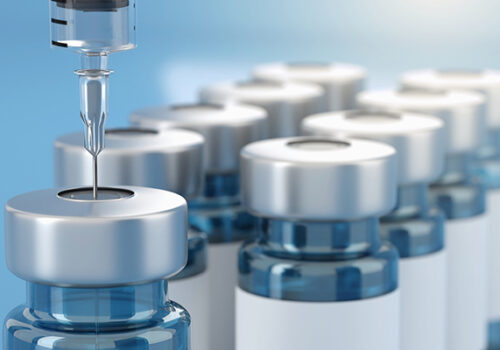A consortium of private and public organisations announces a collaboration that aims to assemble and utilize a platform for rapid response to the current SARS-CoV-2 pandemic as well as future threats.
The consortium, LundaGUARD, consists of partners with complementary capabilities and expertise in structure-based drug discovery. It includes the European Spallation Source (ESS), the The Lund Protein Production Platform, LP3, at Lund University, the MAX IV Laboratory, Red Glead Discovery, SARomics Biostructures and the UCL School of Pharmacy.
The project team was put together by Dr. Wolfgang Knecht, Manager of LP3, the Protein Production Platform at Lund University. “I realized that Lund, due to the strong presence of academic and industrial infrastructure, has all the components for executing rapid drug discovery, and I am thrilled that we assembled such a strong public-private partnership in such a short time,” he says.
A versatile tool for future and hitherto unknown threats
The project will leverage the partners’ platform for accelerated drug discovery towards a “weak spot” in the Sars-CoV-2 virus replication machinery . The effort is expected to result in novel candidate drugs specifically for treating Covid-19 patients, but it also represents a versatile tool for future and hitherto unknown threats.
“It is great to see what the large-scale infrastructures ESS and MAX IV in Lund can achieve to tackle real world threats. With this collaboration we are in an excellent position to respond rapidly to the current pandemic and future threats,” says Dr. Zoë Fisher, group leader for the Deuteration and Macromolecular Crystallization platform at ESS.
Except for the group of Prof Frank Kozielski at University College London (UCL), School of Pharmacy, all members are located in Lund, Sweden.
Photo of the European Spallation Source







